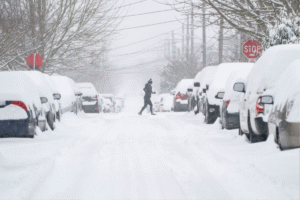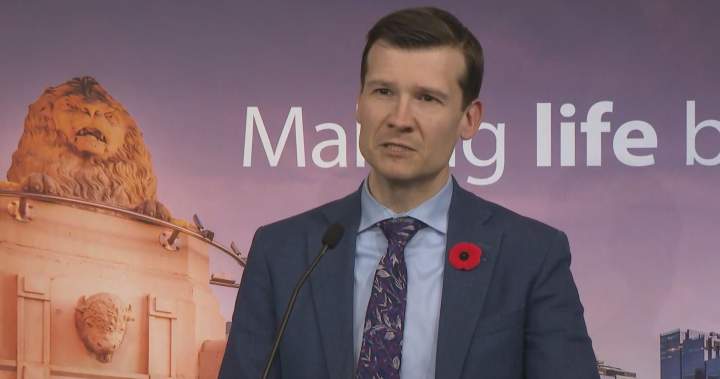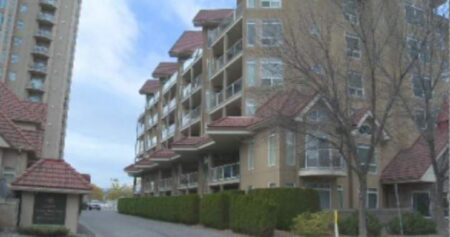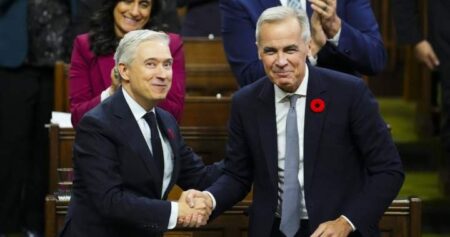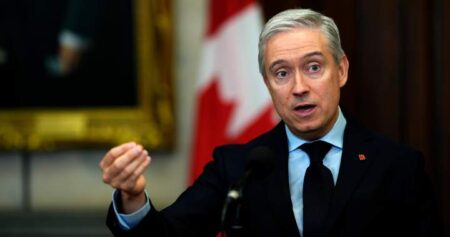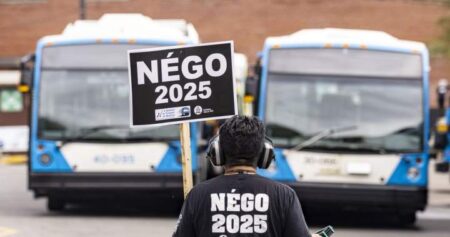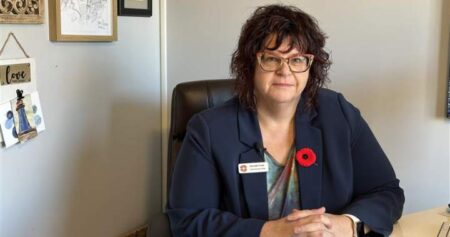Despite Calgary only receiving a single mention in the more than 400-page document, there’s cautious optimism at city hall and amongst stakeholders regarding Prime Minister Mark Carney’s first federal budget.
Carney’s federal Liberal government tabled its first budget on Tuesday, which projects a deficit of around $78.3 billion this year with $141.4 billion in new spending, partially offset by more than $51 billion in savings and cuts over the next half-decade.
Calgary’s sole mention in the document is on a chart that shows unemployment rates across the country’s major cities.
However, at a press conference late Tuesday afternoon, Calgary Mayor Jeromy Farkas said he feels the spending plan makes “funding municipalities a priority.”
“We approach today’s budget with cautious optimism,” Farkas said. “Today’s promises are encouraging but Calgarians will judge this budget by actions on the ground, not words on paper.”
Farkas pointed towards a new initiative called the Build Communities Strong Fund, which proposes to spend $51 billion over the next 10 years through provincial governments to municipalities to build “housing-enabling” infrastructure like roads and water projects as well as health-related infrastructure.
The mayor also mentioned housing funding in the newly launched Build Canada Homes plan, as well as “broad investments” in law enforcement.

Get daily National news
Get the day’s top news, political, economic, and current affairs headlines, delivered to your inbox once a day.
“I’ll work with our provincial and federal partners to ensure that Calgary leverages this budget to deliver for our city,” Farkas said.
Housing funds were also a priority for Vibrant Communities Calgary, a poverty reduction non-profit in the city.
Its policy director, Michelle James, said she is encouraged to see “important social programs” were maintained in the budget like the Canada Disability Benefit, Canada Worker Benefit, and Canada Child Benefit.
A commitment to move forward with automatic tax filing is also welcomed, as it would allow more low-income Calgarians to get access to those benefits, James said.
“We did hear lots of rumours about spending cuts and certainly we did see some, but we see those commitments to really supporting vulnerable Calgarians,” James said.
The Calgary Chamber of Commerce said it too is encouraged by the “economic focus and regulatory changes” in the budget including a trade diversification strategy and trade corridors fund and a “Productivity Super-Deduction” to reduce Canada’s marginal effective tax rate.
Ruhee Ismail-Teja, the chamber’s vice-president of policy and external affairs, also pointed to potential regulatory changes for Alberta’s energy sector.
“We saw significant regulatory reforms, including the emissions cap will be removed and that greenwashing provisions that have been challenging for much of Alberta’s energy sector in particular, would be changed through legislative amendments,” she told Global News. “That’s certainly promising.”
However, Alberta finance minister Nate Horner told reporters he is still seeking clarity on several aspects of the budget, including the removal of the emissions cap.
“They reference things like not needing an emissions cap but we’re going to need to understand how they’ll tangibly get there,” Horner said. “The devil would be in the details.”
Local Members of Parliament are also reacting to the proposed federal budget, with Calgary’s lone Liberal MP Corey Hogan taking to social media to call the plan “an economists budget, but in the very best sense of that phrase.”
“This is a budget that increases tax credits, this is a budget that makes us more economically competitive,” The representative from Calgary-Confederation said in a video.
However, Calgary-Midnapore Conservative MP Stephanie Kusie has concerns with the budget as proposed, including the ballooning deficit and absence of “more austerity.”
Kusie told Global News she doesn’t think her party can support the budget as proposed with the “huge amount of deficit and spending,” and added she hopes the government listens to amendment proposals “with the hope that we can move towards supporting it.”
“I’m very concerned about the path forward with this budget,” she said. “I don’t see us being able to support this budget but I also want to make it clear, I don’t think Canadians want an election right now.”
Read the full article here



